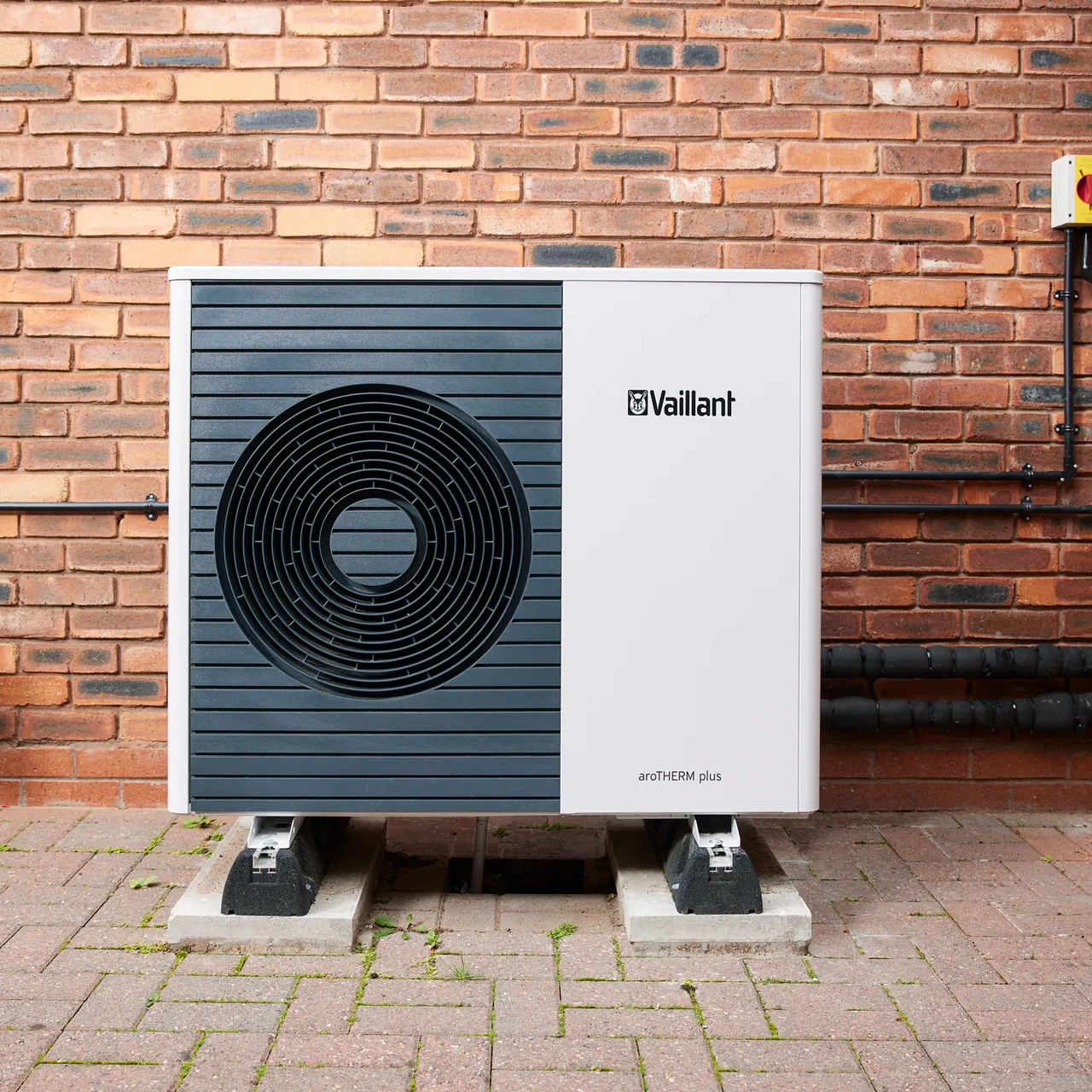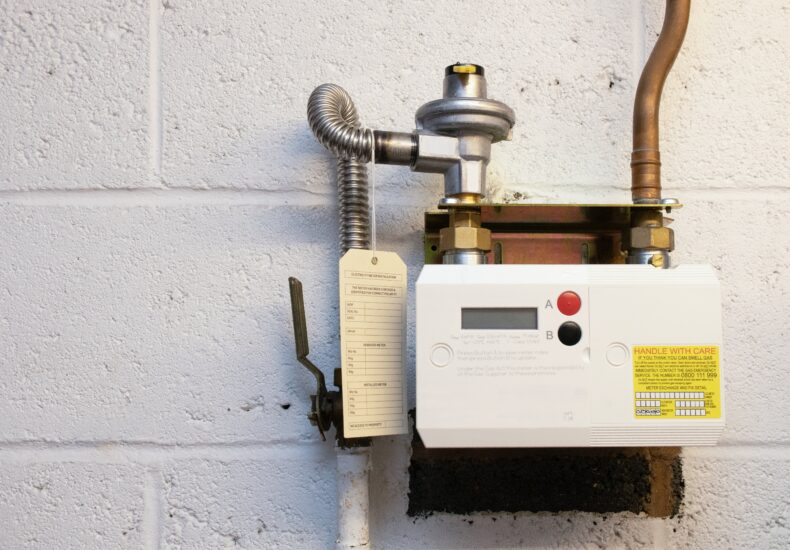
The future of heating UK homes with heat pumps
The UK government has set an ambitious target to reach net zero carbon emissions by 2050. To achieve this, the country must reduce emissions from buildings, which account for around 17% of total UK greenhouse gas emissions. One solution to this problem is to transition to low-carbon heating, with heat pumps emerging as a promising alternative to traditional gas boilers.
What is a heat pump?
A heat pump is an electrically powered device that extracts heat from the air or ground outside a building and transfers it inside to heat the building. Heat pumps work by using a refrigerant to absorb heat from the outside air or ground and compressing it to a higher temperature, which is then used to heat the building via a distribution system such as radiators or underfloor heating.
Benefits of heat pumps
Heat pumps offer several benefits over traditional gas boilers. First, they are much more energy efficient, with an average seasonal co efficiency of performance (SCOP) of 2.5 to 4.5. This means that for every unit of electricity used to power the heat pump, between 2.5 and 4.5 units of heat are produced. This compares to the average efficiency of a gas boiler, which is around 90%. Additionally, heat pumps are more environmentally friendly, producing far lower carbon emissions than gas boilers. According to the Committee on Climate Change, replacing a gas boiler with an efficient heat pump could reduce the carbon emissions associated with heating a home by up to 75%.
Challenges of heat pumps
While heat pumps offer many benefits, there are also some challenges to their widespread adoption. One major challenge is the upfront cost of installation, which can be higher than a traditional gas boiler. However, this cost can be offset by lower running costs over the lifetime of the heat pump. The running costs of a heat pump can vary depending on several factors, such as the size and efficiency of the heat pump, the size of the property, and the cost of electricity in your area. According to estimates from the Energy Saving Trust, the average annual running cost of an air source heat pump for a typical 3-4 bedroom detached home in the UK is around £610 – £1,290. For a ground source heat pump, the average annual running cost for a typical 3-4 bedroom detached home is estimated to be around £860 – £1,480.
Another challenge to the widespread adoption of heat pumps is the need for retrofitting in many homes, particularly those with older heating systems. Retrofitting can be more difficult and costly than installing a heat pump in a new build property. However, the UK government is providing financial incentives to encourage homeowners to upgrade their heating systems, including the Boiler Upgrade Scheme, which provides vouchers worth up to £5,000 to replace an old, inefficient boiler with a new, energy-efficient one, including heat pumps.
Conclusion
Heat pumps have the potential to play a key role in the UK’s transition to low-carbon heating. While there are challenges to their widespread adoption, including the upfront cost and retrofitting requirements, the long-term benefits of heat pumps make them an attractive option for homeowners looking to reduce their carbon footprint and save on energy bills. With the support of government initiatives, such as the Boiler Upgrade Scheme, we may see more and more homes in the UK heated with low-carbon heat pumps in the coming years.
Links
- Committee on Climate Change. (2019). Net Zero: The UK’s contribution to stopping global warming. https://www.theccc.org.uk/publication/net-zero-the-uks-contribution-to-stopping-global-warming/
- Energy Saving Trust. (2021). Heat pumps. https://energysavingtrust.org.uk/advice/heat-pumps/
- National Energy Foundation. (2021). Heat Pumps. https://www.nef.org.uk/advice/heat-pumps/
- Energy Saving Trust. (2021). Ground source heat pumps. https://energysavingtrust.org.uk/advice/ground-source-heat-pumps/
- GOV.UK. (2022). Boiler Upgrade Scheme. https://www.gov.uk/guidance/the-boiler-upgrade-scheme
- Energy Saving Trust. (2021). Air source heat pumps. https://energysavingtrust.org.uk/advice/air-source-heat-pumps/

